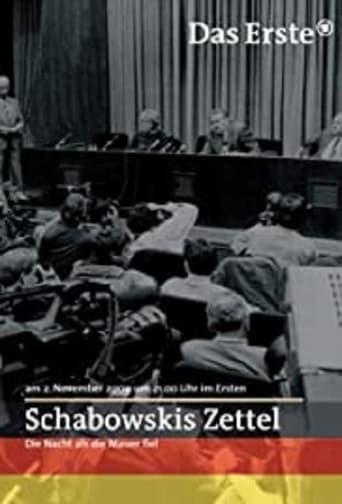
02 Nov 2009

Schabowskis Zettel - Die Nacht, als die Mauer fiel
No overview found
Former heads, senior officers and the rector of the MfS law school explain how the ministry functioned. The interviewees see themselves as legitimate actors with a clear mandate and political enemy image. They provide an insight into the techniques and routines of secret service work, psychological tricks during interrogations and the management of “unofficial collaborators”. What they all have in common is that they are not aware of any moral guilt. The directors contrast their footage of prisons and archives with the statements of former Stasi employees in an attempt to expose their evasions and efforts at suppression.
himself
himself
himself
himself
himself
himself
himself
himself
himself
himself

02 Nov 2009

No overview found

03 Oct 2021

After the fall of the Berlin Wall, thousands of documents were hastily shredded by the dreaded GDR political police. 16,000 bags filled with six million pieces of paper were found. Thanks to the meticulous work of technology, the destinies of men and women who had been spied on and recorded without their knowledge could be reconstructed.

30 Nov 1989

From an official perspective, marginal youth culture did not exist in East Germany. The topic of subcultures was taboo in the GDR, and groups such as goths, skinheads, anti-skins, punks and neo-Nazis were dismissed as social deviations promoted by western countries. Director Roland Steiner had access to such young East Germans in the late 1980s. Over the course of four years, he brought them before the camera in an attempt to understand what drew them to these groups.
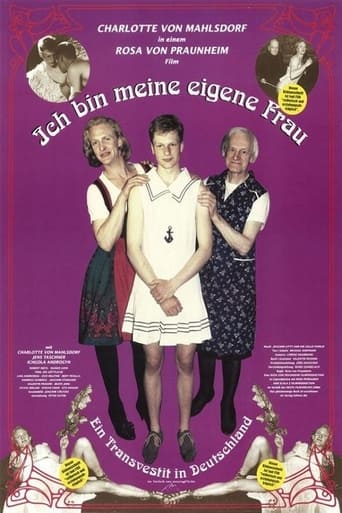
30 Oct 1992

The life story of Charlotte von Mahlsdorf, who survived the Nazi reign as a trans woman and helped start the German gay liberation movement. Documentary with some dramatized scenes. Two actors play the young and middle aged Charlotte and she plays herself in the later years.
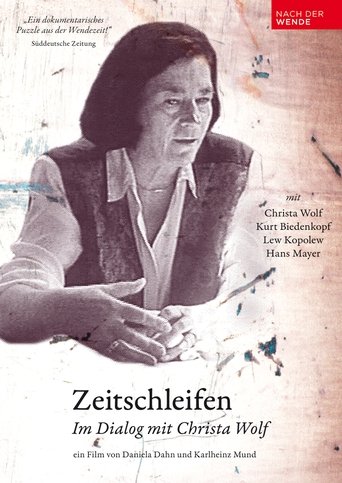
02 Jan 1991

Journalist Daniela Dahn interviews the East-German author Christa Wolf during the German reunification: reflections on history, changing politics, life and work.

13 Feb 2007

A documentary on the late American entertainer Dean Reed, who became a huge star in East Germany after settling there in 1973.

11 Feb 2006

In the documentary Last To Know political prisoners, sent to jail for openly opposing the East German regime that existed until the German reunification in 1990, talk about their times of trial and their lives today. Neither they, nor their families have come to terms with what happened.
02 Oct 2019
No overview found
22 Jun 2008
No overview found
04 Dec 2014
A documentary spy thriller that takes place during the Cold War but which gets its resolution today in the small village of Burträsk outside Umeå, northern Sweden. A deeply-believing priest, well-liked and respected by everyone or a ruthless spy who has no hesitation in referring his friends and colleagues to the dreaded security service STASI in the former GDR. Who is Aleksander Radler, the man with two different personalities?
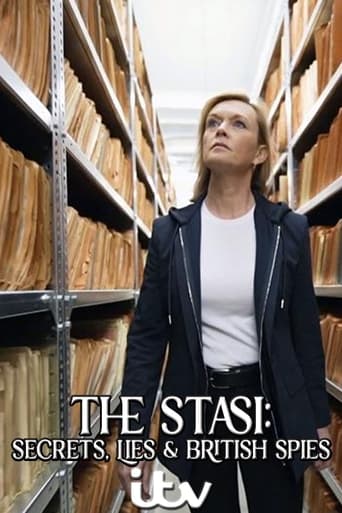
29 Jan 2023

With access to recently-opened court files, Julie Etchingham reveals some of the Stasi's UK operations and asks why its other secrets are yet to be revealed.
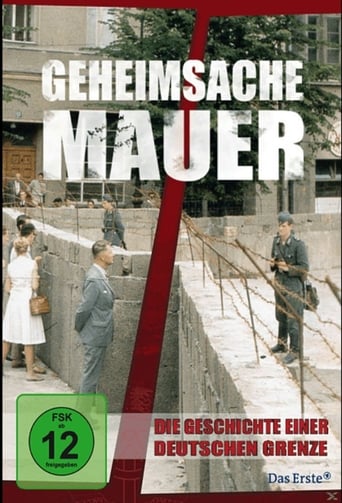
29 Jul 2011

Germany in the summer of 1961 - the "Iron Curtain" divides the country. Only in Berlin is the border still permeable. West Berlin is the open wound of the GDR. Until August 13, 1961, a summer Sunday that would divide the world into a before and an after. 2011 marks the 50th anniversary of the day on which the division of Berlin cemented the division of Germany and Europe for more than two and a half decades. The docu-drama "Geheimsache Mauer - Die Geschichte einer deutschen Grenze" by Christoph Weinert and Jürgen Ast tells the story of the Berlin Wall and the inner-German border from a new, unusual perspective: from the point of view of those who planned, built and guarded it. The film takes the viewer behind the scenes of the Wall builders: it reveals the "concreted" thinking and calculating calculations of the Wall strategists - and their secret plans to perfect the deadly border further and further.
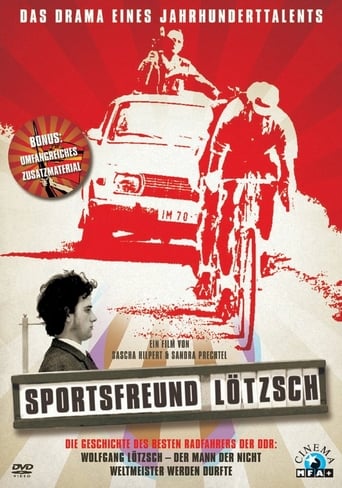
17 Jul 2008

No overview found
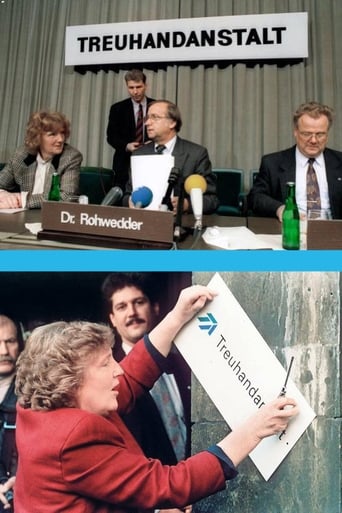
30 Aug 2012

In the early summer of 1990, the Treuhandanstalt was founded to privatize the "state-owned" companies of the GDR. In the four years that followed, around 4,000 of these companies were closed and around two and a half million jobs were lost. Until its closure at the end of 1994, the Treuhandanstalt incured debts totaling 256 billion marks - the equivalent of around 150 million marks every day. The Treuhand also allowed itself to be cheated out of many billions of marks. This scandal was never fully investigated. Most of the perpetrators went unpunished or were not even charged.

15 Apr 2014

Was my father really a spy, as his file in the former East German Secret Service (STASI) suggests? This question marks the starting point of a son’s journey into his late father’s past which still remains somewhat mysterious even today. Eric Asch is looking for answers – in the Stasi archives, at the NSA and in his own family history. The result is a very personal documentary which reports ironically about the practices of secret service during the Cold War.
05 Jan 2012
At the end of the GDR existence, around 8,000 children and young people were so-called "unofficial employees" of the State Security. They were approached and recruited in youth clubs, churches and schools. They were assumed to spy on their friends or report on their parents.
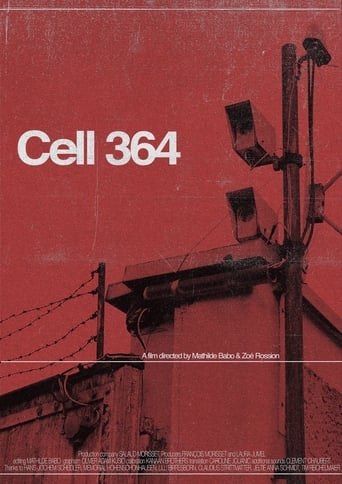
21 Jul 2020

While Germany sits as one of the major democratic models, an ex-prisoner of the Stasi delivers from his former cell a frightening testimony that questions the sustainability of our contemporary democracies.
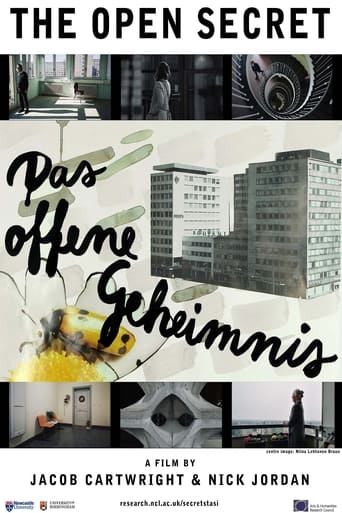
27 May 2022

A documentary that explores questions of secrecy and power in relation to the East German Secret Police (the 'Stasi') within East German society. The film is based upon key findings from an extensive research project, 'Knowing the Secret Police', and reflects upon how different kinds of knowledge were circulated through social, religious, political and literary networks within the former GDR. The filmmakers present this research with footage filmed at key locations throughout East Berlin and the wider surrounding landscape, including the Stasi archives and former HQ, Karl-Marx-Allee, Volkspark Friedrichshain, rural 'dacha' cabins, the urban neighbourhood of Prenzlauerberg and the social housing estates of Marzahn.

15 Aug 2012

A retrospective look at the youth cultures born in the German Democratic Republic. A celebration of the lust for life, a contemporary trip into the world of skate, a tale on three heroes and their boards, from their childhood in the seventies, through their teenage rebellion in the eighties and the summer of 1989, when their life changed forever, to 2011.
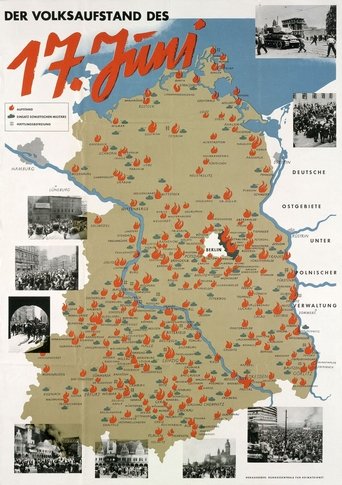
07 Oct 1990

"GDR The uprising of June 17, 1953" - : Since its founding, the German Democratic Republic (GDR) has repeatedly struggled with domestic political problems. While the standard of living of the population in the western part of Germany steadily increased, it stagnated in the GDR . A one-sided, industry-oriented reconstruction policy, coupled with rapid militarization, weighed on the country's economy, which was already under pressure from Soviet reparations demands. A majority of the population did not identify with the socialist system, which accordingly stood on shaky ground.